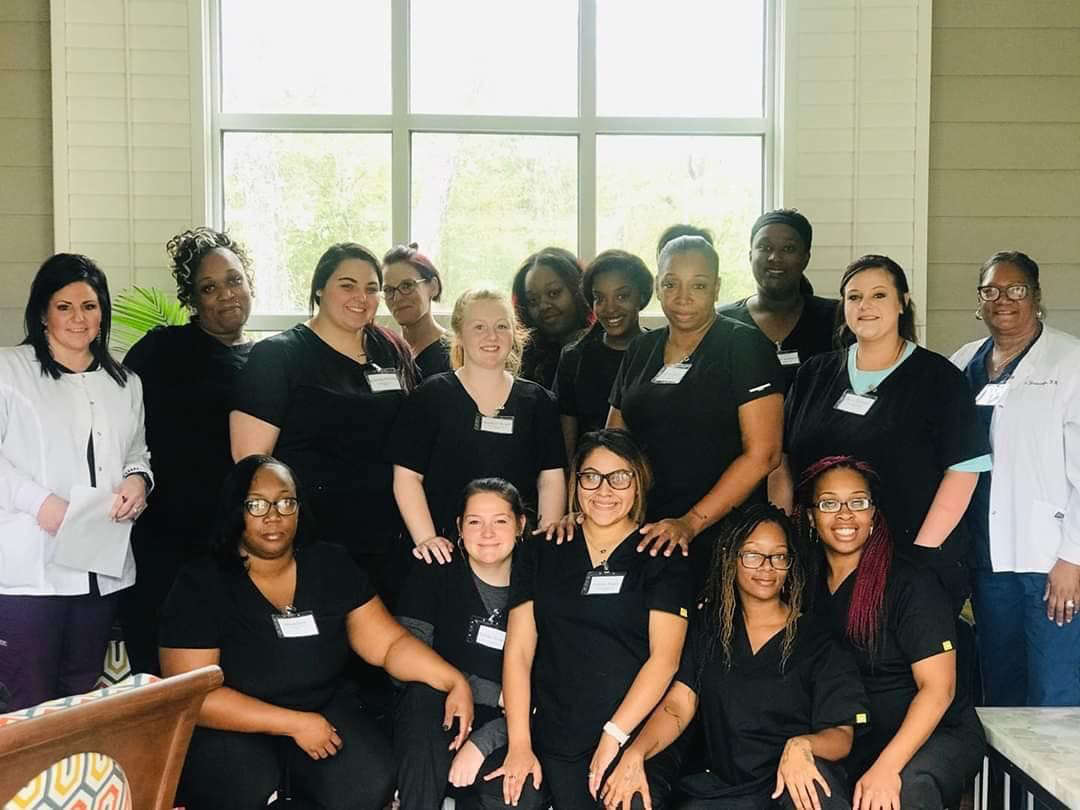Phlebotomy Technician
Phlebotomy technicians, or phlebotomists, are medical technicians trained to draw blood accurately and correctly. The job involves both patient laboratory work and clinical care.
Role of a Phlebotomy Technician
Phlebotomy technicians collect blood from patients and prepare the samples for testing. Most work in hospitals and clinics, but some collect blood for donation. Phlebotomy technicians are essential members of the health care team and often need to explain the blood-drawing procedure and put patients at ease.
With constantly evolving medical technologies, phlebotomy technicians must know the difference in blood test types and should be aware of how medications and diet impact blood samples.
Field of Responsibility
Phlebotomy technicians are responsible for drawing blood samples and preparing them for testing. Common tasks and duties include:
- Explaining procedures to patients
- Comforting patients who might be nervous about needles
- Taking blood pressure, pulse, and respiration readings
- Drawing blood
- Applying bandages after blood is drawn
- Sending blood, urine, or fecal samples to the lab for testing
- Sterilizing equipment and cleaning workspaces
- Updating patient medical records

Work Environment
Phlebotomy technicians work in hospitals, clinics, doctors’ offices, nursing homes, private home care, medical labs, blood donation centers, research institutes, and insurance companies. They may work day, evening, or night shifts, including weekend and holiday hours. The majority of their time is spent on their feet, interacting with patients or preparing samples to be sent to the lab.
Career opportunities
Phlebotomy is an expanding field with excellent career opportunities. The Bureau of Labor Statistics expects employment of phlebotomist technicians to grow much faster than average. Blood testing is an essential task in health care so demand for phlebotomy technicians is likely to increase since doctors use blood work for analysis and diagnosis. Phlebotomy technicians can expect a median salary range of $37,380.
Why SW Medical Academy?
Our program focuses solely on the skills needed as a Phlebotomy Technician, making it one of the most affordable programs in the area, and is designed to be valuable, accessible, and flexible for all students. With online learning mixed with in-person simulation coursework and rotations, this type of learning environment allows for a better fit with your schedule and aspirations.
Tuition Fee: $880
Phlebotomy Technician Programs at SW Medical Academy
Phlebotomy Technician (Online self-pace NO LIVE INSTRUCTOR)
Duration: 4-Weeks Program with Clinical
Registration Fee: $200
Time: All clinical times will be 8:30am-4:30pm
Click ENROLL NOW To Get Start Dates
Phlebotomy Technician (In-Person classes)
Duration: 4-Weeks held on Saturdays & Sundays only
Registration Fee: $200
Time: All clinical times will be 8:30am-4:30pm
Click ENROLL NOW To Get Start Dates
Phlebotomy Technician (Online Zoom lecture with a Live Instructor)
Duration and Time: 6-weeks Held on Mondays & Wednesdays 6:00pm-9:30pm
Registration Fee: $200
NB: Week 6 will include a Saturday & Sunday Clinical from 8:30am-4:30pm
Click ENROLL NOW To Get Start Dates
